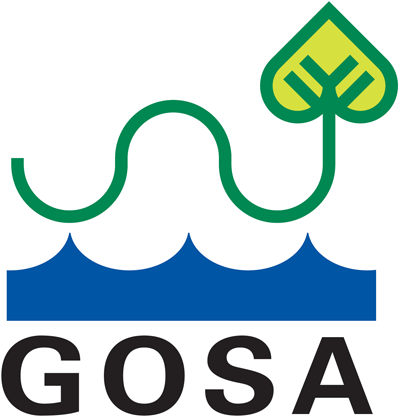HARTFORD — The Appellate Court has denied without comment a GOSA appeal aimed forcing the Groton Inland Wetlands Agency to re-hear the application of Mystic Active Adult LLC to build a “residential life care community” called “Four Winds” on a large tract off Noank-Ledyard Road.
The general background to the court’s September decision is this:
The Inland Wetlands Agency gave conditional approval on June (correct) 25, 2003, to an application by Mystic Active Adult to build 147 units of age-restricted housing on 105 acres of the 160-acre Watrous Property. GOSA appealed the decision. So did Mystic Active Adult, which sought to eliminate IWA conditions that would have ruled out a wetlands crossing and would have mandated a road-closing schedule and some construction phasing during salamander mating season. Mystic Active Adult is headed by Massachusetts developer Ron Bonvie.
GOSA lost its appeal. However, Mystic Active Adult won on April 13, 2005. The Inland Wetlands Agency then moved to have the Appellate Court overturn the Superior Court decision.
The matter dragged on, and on July 7, 2006, the U.S. Army Corps of Engineers imposed some additional conditions on the development, including a road-closing schedule similar to the one prescribed by the IWA.
Mystic Active Adult then tried in effect to drop its appeal against the IWA restrictions by telling the Appellate Court that it would not contest the IWA’s appeal of the Superior Court ruling against it. However, the Appellate Court on Dec. 13, 2006, declined to rule on Mystic Active Adult’s request. The Appellate Court said that the Superior Court’s judgment on Mystic Active Adult appeal had not been final and thus should not have been brought up to the Appellate level.
The lack of finality, said the Appellate Court, stemmed from the fact that the Superior Court had ordered one aspect of the Mystic Active Adult appeal — Wetlands Crossing C — remanded to the Inland Wetlands Agency for reconsideration. That remand had not yet taken place. Therefore, the case had to go back to the Superior Court, said the Appellate Court.
The Superior Court earlier this year decided to allow Mystic Active Adult to drop its appeal, making the remand appear needless, in the view of the developer and the IWA. However, GOSA, an intervenor in the case, contended that such a “settlement” was not possible without GOSA’s consent. It appealed to the Appellate Court seeking to have the remand carried out; it is that appeal that the Appellate Court denied September 12, 2007.
GOSA has contended all along that its 2003 appeal to the Superior Court was unfairly denied because the Superior Court judge in his denial relied on the Oct. 14, 2003, AvalonBay decision of the state Supreme Court. The AvalonBay decision followed the IWA hearings on Four Winds by many months. The AvalonBay decision limited the authority of inland wetlands agencies to consider wildlife, including salamanders, in making decisions. GOSA has argued that it could have made a convincing case even under AvalonBay rules but was denied an opportunity to do that because of the timing of the hearings and decision. GOSA sought the remand in order to make these arguments, which assert that salamanders and some other forms of aquatic life promote physical water quality by removing debris, thus keeping oxygen at healthy levels.
In the past, GOSA also had appealed both Zoning Commission and Planning Commission approvals of the Four Winds decision but lost, with the Appellate Court refusing to hear its appeals.
The Department of Environmental Protection has put the Watrous Property on a list of 20 key tracts that it would like to acquire if they should become available, but the developer, who holds a purchase option on the property, thus far has declined to deal with the state.
